Best Time for Roofing Service
Scheduling roofing service requires consideration of seasonal weather patterns and temperature conditions. The optimal time typically depends on climate and local weather trends, which influence the quality and durability of repairs or installations.
Spring offers moderate temperatures and longer daylight hours, making it ideal for roofing projects. Mild weather reduces the risk of delays caused by rain or extreme cold.
Summer provides warm conditions suitable for roofing work. However, high temperatures can pose safety concerns and may affect materials like asphalt shingles.
Fall is often considered the best season for roofing due to stable weather conditions and cooler temperatures, which help ensure proper installation and curing.
Winter presents significant challenges such as snow, ice, and freezing temperatures, which can hinder roofing work and compromise material integrity.
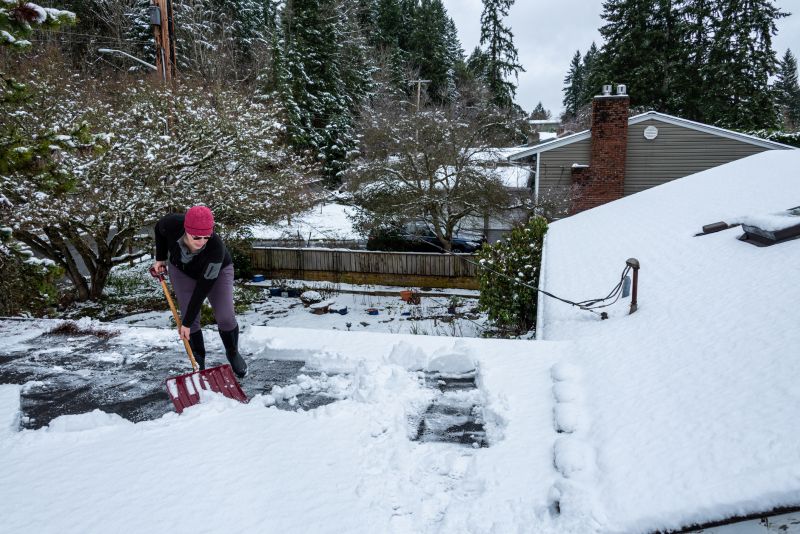
Spring offers ideal conditions for roofing projects, with moderate temperatures and minimal precipitation.
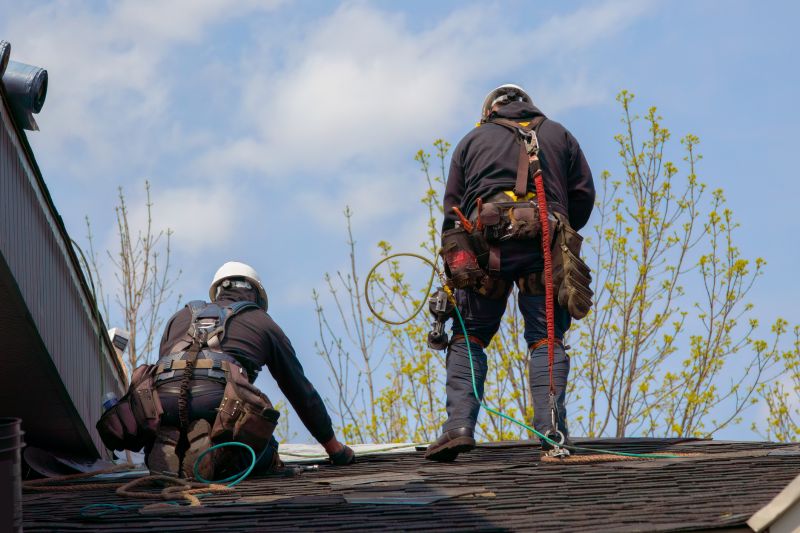
Summer provides ample daylight and warm weather, suitable for completing roofing tasks efficiently.

Fall is often the preferred season for roofing, due to stable weather and cooler temperatures that support quality installation.
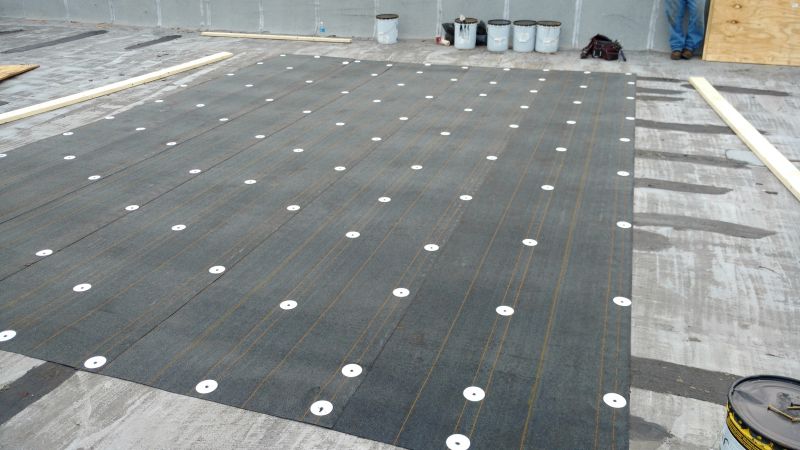
Ways to make Roofing Service work in tight or awkward layouts.

Popular materials for Roofing Service and why they hold up over time.
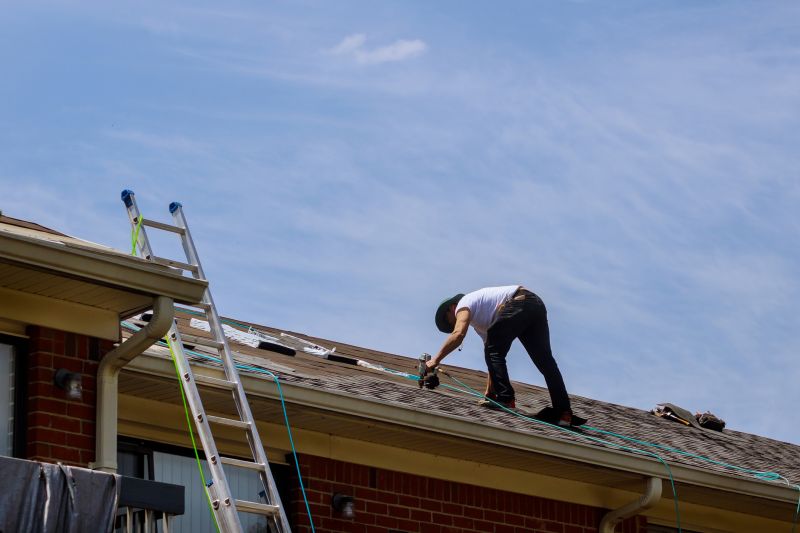
Simple add-ons that improve Roofing Service without blowing the budget.
| Season | Ideal Conditions |
|---|---|
| Spring | Moderate temperatures, longer days, minimal rain |
| Summer | Warm weather, longer daylight, but high temperatures |
| Fall | Cooler temperatures, stable weather, optimal for installation |
| Winter | Cold, snow, ice, and freezing temperatures |
Roofing services encompass repairs, replacements, and inspections that are essential for maintaining the integrity of a roof. Proper timing ensures that materials are installed under favorable conditions, reducing the risk of future issues. Seasonal considerations can impact the longevity and performance of roofing systems, making careful planning important.

Regular inspections help identify issues early and are best performed in dry, mild weather.

Timely repairs prevent further damage and are most effective during stable weather periods.

Complete roof replacements are ideally scheduled in favorable seasons for optimal results.
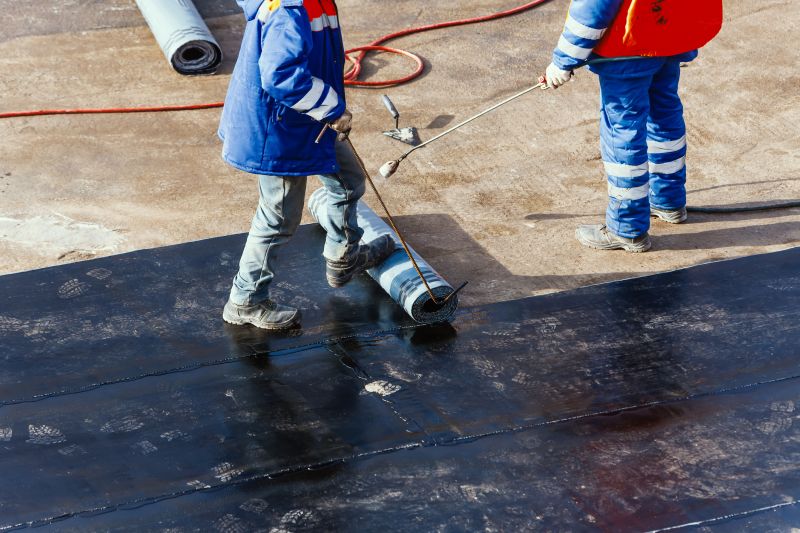
Routine maintenance extends roof lifespan and is best performed during moderate weather conditions.
Choosing the right time for roofing service can lead to better performance, longer-lasting results, and fewer disruptions. Professionals recommend scheduling during seasons with predictable weather patterns to ensure safety and quality. Proper timing also helps in avoiding delays caused by adverse weather conditions.
Interested in scheduling roofing service? Fill out the contact form to get started and ensure your roof is prepared for the upcoming seasons.



